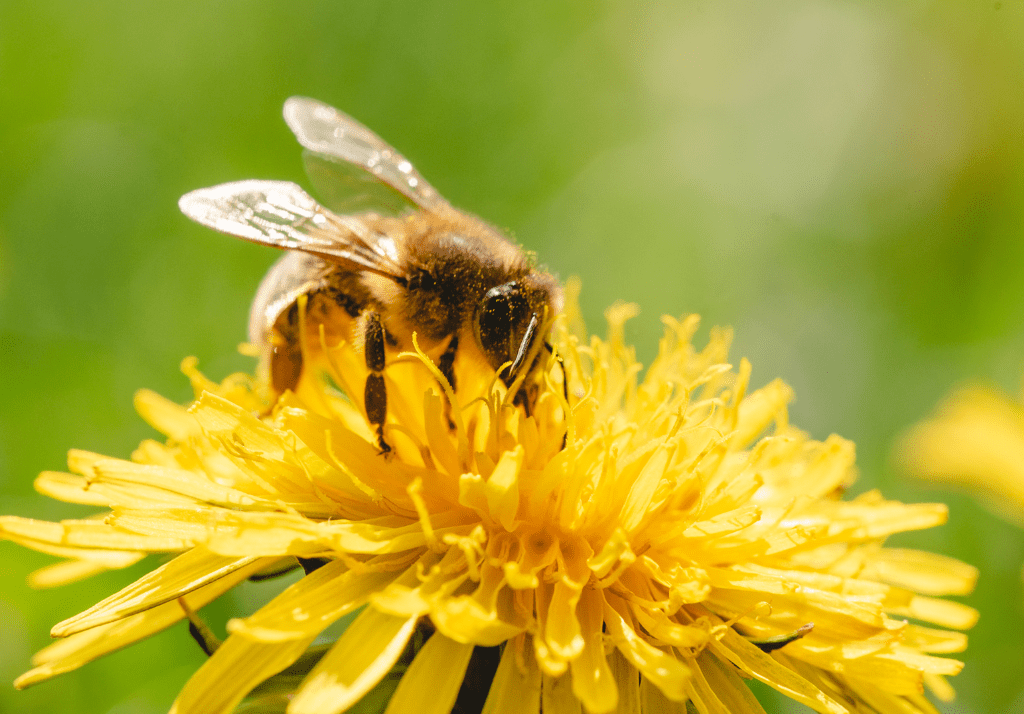
Bees are those black and yellow bugs that love to sting people and spend all day producing honey, right? While we have a pretty good idea of what bees do and how they behave, some of the stereotypes about them are a little off. Here’s the truth behind some of the most common misconceptions about bees.
Myth: All bees do is produce honey.
Some bees do produce honey. This is a big deal because honey is thought to have numerous health benefits, making it a great replacement for refined sugar. However, bees do more than that. They play a crucial role in the environment as pollinators of crops and other plants. We can thank bees for pollinating a majority of our food sources worldwide.
Myth: Bees like to sting people.
Bees can sting, but they generally won’t unless they feel threatened. Most bees are docile by nature and won’t go out of their way to make contact with people. Some bees actually die after losing their stinger, so there’s little benefit to stinging unless they feel their lives are in danger.
Myth: Bees are always black and yellow.
While cartoon bees always have a black and yellow color scheme, in reality, these insects come in a variety of colors. Many bees are brown and yellow, and some are just brown. It depends on the species, and there are over 20,000 species of bees.
Myth: All bees live in hives together.
Honeybees live in hives, but not all species of bees share this communal lifestyle. Many species are solitary and live on their own.
Myth: Bees are just like wasps.
Wasps and bees both belong to the same order, but they’re not the same species. They behave differently and serve different roles in the ecosystem. Bees are more docile creatures that generally focus on tasks like gathering nectar, while wasps are predators and scavengers.
Bees generally don’t harm your home, unless you happen to have carpenter bees. If you find yourself with a bee infestation, the Des Moines pest control experts at Pro-Staff can help. Call us at 515-279-7378 or contact us online for a free inspection.
